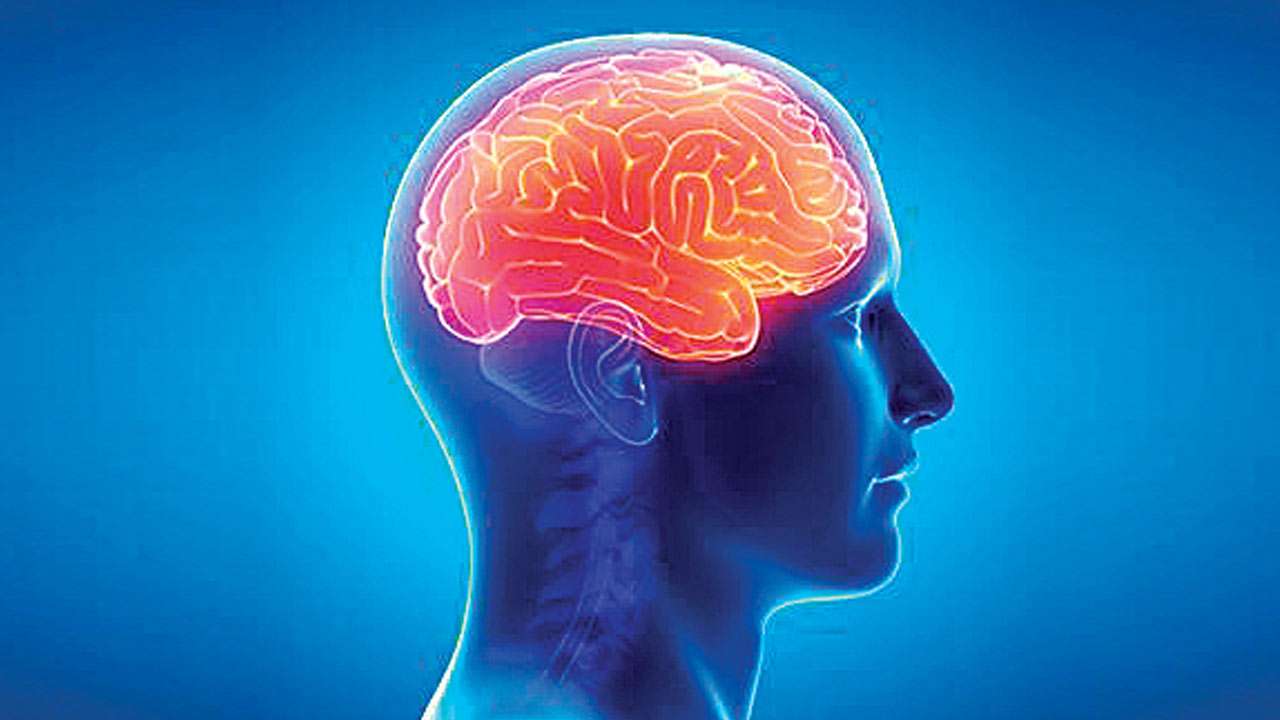
Acute Encephalitis Syndrome (AES) is not a disease; it is a condition where the brain and its associated structures get inflamed. This neurological and medical emergency is a part of a spectrum of conditions which may or may not include meningitis which means inflammation of the coverings of the brain, inflammation of the brain matter called as encephalitis, or inflammation of the vessels of the brain called as vasculitis, or formation of a pus pocket in the brain called as brain abscess.
This condition generally peaks around the onset of monsoon, which coincides with the time when maximum mosquito breeding occurs. The genesis of this disorder is usually infection with bacteria, virus (like Dengue virus), fungi (like Yeast) or parasite (like Malaria). The pathogen initially may gain entry into the system via the airborne route, via vectors like mosquitoes or via unclean food or unhygienic surroundings. These organisms then may gain entry into the brain via the contiguous spread, or via the blood where it creates an inflammation causing the patient to manifest the clinical symptoms. Such patients may have a high fever, may have vomiting, generalised malaise, body ache, excessive vomiting, blurring of vision and in severe cases, may land up with severe prostration, low blood pressure, multi-organ dysfunction, and even death.
Also Read: Sting that is ailing Bihar
As is the cases with most infection related disorders, it is very important to maintain a healthy lifestyle, regular exercise, and good food habits, including consumption of nutritious food, so that our baseline immunity is very strong to fight infections. Preventing these infections is the key to tackle this deadly problem. Vaccinations for Measles, Mumps, and Rubella (MMR) should be administered to children, which may help prevent at least those Viral Encephalitis Syndromes.
What is seen in Bihar may not be Acute Encephalitis Syndrome, but a condition called as Hypoglycemic Encephalopathy or neuroglycopenia which is a condition of brain dysfunction due to low blood glucose levels, which may not be even be related to an infection. Investigators are considering a link between the consumption of Litchi fruit in malnourished children and the incidence of low glucose early in the morning, causing children to suffer from brain dysfunction. Lychee is known to contain a substance called Methylene Cyclopropyl Glycine or Hypoglycin-A which prevents glucose production in the liver, contributing to low glucose levels in an already fasting state.
This condition is very similar to the Jamaican vomiting sickness which is also related to the consumption of a fruit from the lychee family called as the 'Ackee'. The symptoms in this condition would involve Diaphoresis (unusual sweating), weakness drowsiness, coma and convulsions. When such symptoms are seen, some remedies that can be undertaken at home may involve drinking two glasses of water mixed with two tablespoons of sugar, consuming 2-3 tablespoons of sugar, or two tablespoons of honey or juices containing sugar, and seek immediate help at the nearest hospital for checking of glucose and to initiate treatment.
The way to prevent this condition is thus to prevent prolonged periods of fasting, avoid malnourishment and refrain from the consumption of toxins (especially when not adequately nourished) that may cause a fall in the blood glucose levels.
—Dr Sanjith Saseedharan, Head, Intensive Care Unit, SL Raheja Hospital